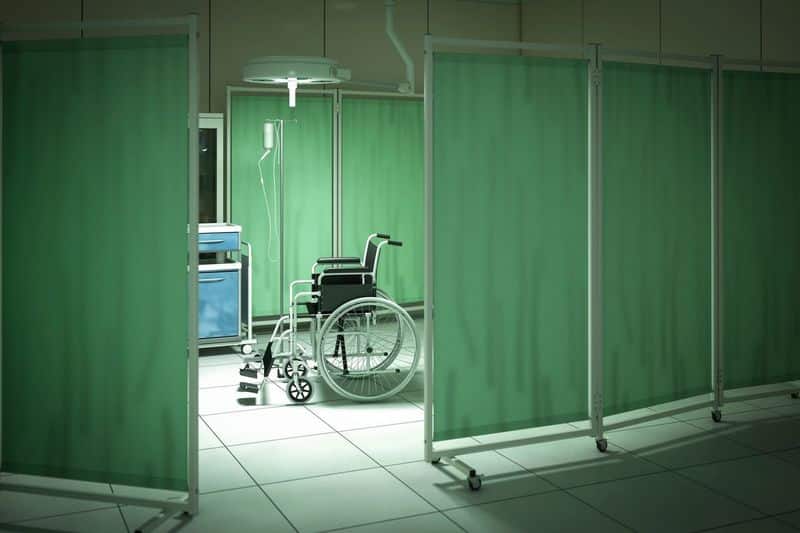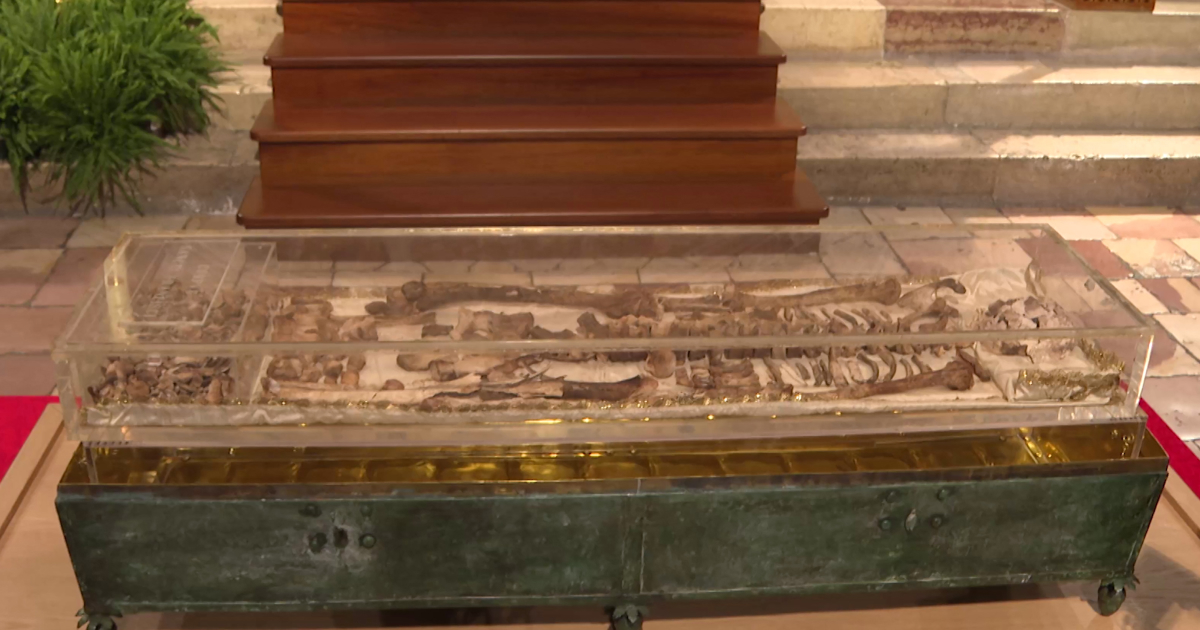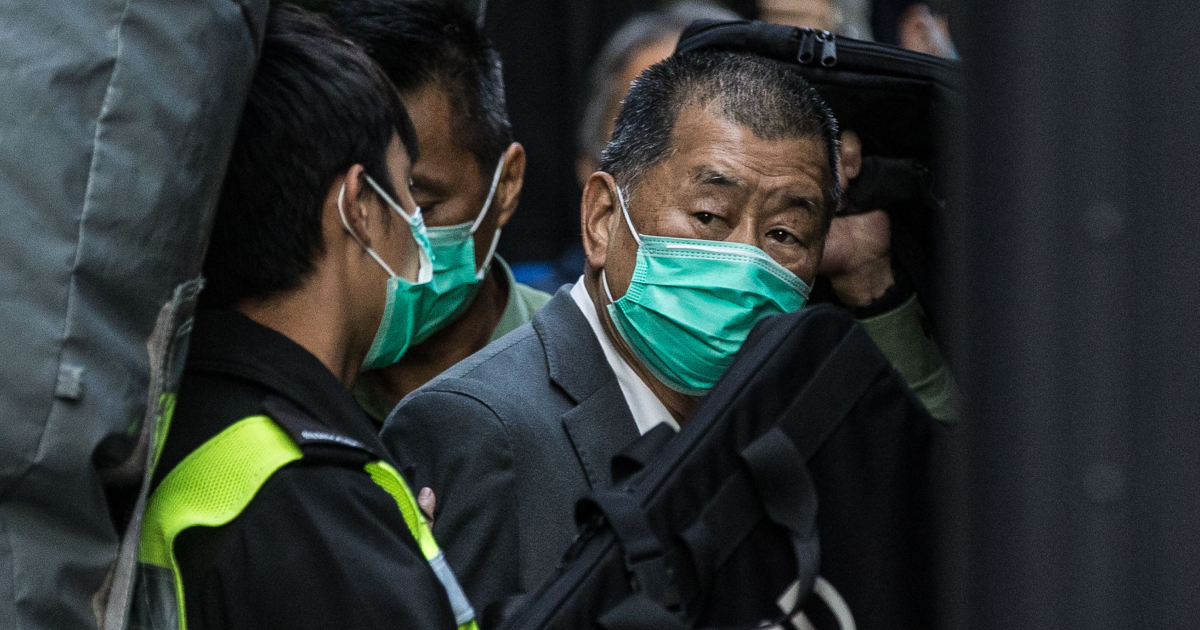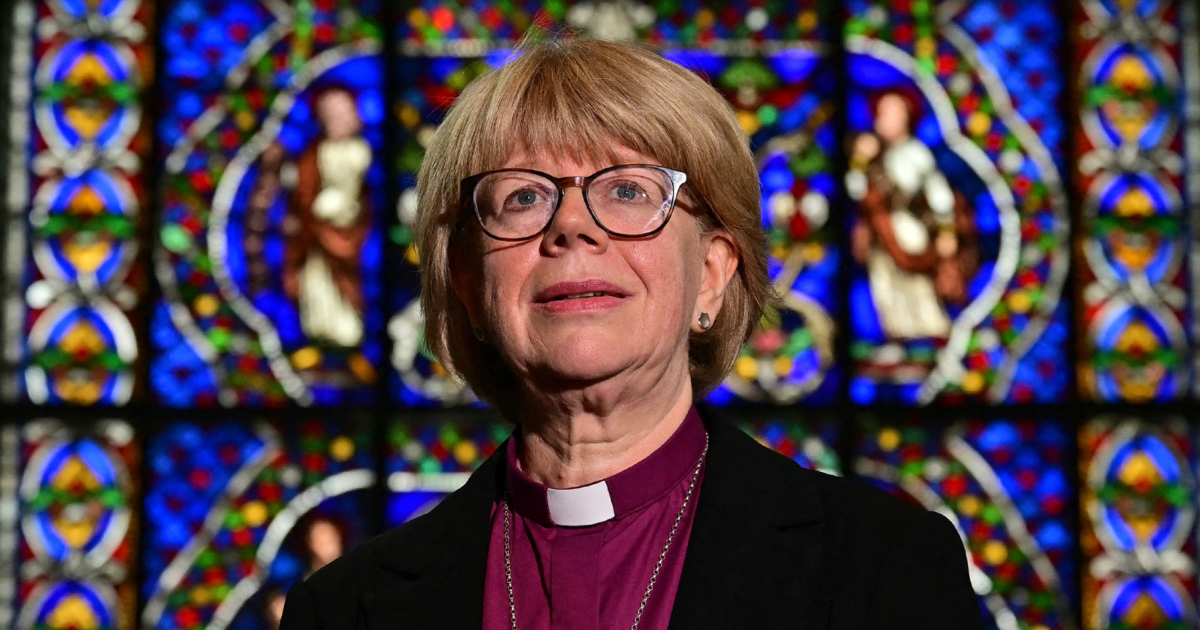If there is one woman who has transformed the debate in Britain on assisted suicide, it is Ilora Finlay. When campaigners for it talk about unbearable suffering, it is she who knows what that is like. The relief of pain and suffering is her business. She has been working in palliative care since 1987, before the speciality even had a name and is now a professor in the discipline at Cardiff University.
She is still helping people with degenerative conditions cope and others with terminal disease to die well, without undue suffering and with dignity. I can’t think of anyone I’d rather have on my side if I were diagnosed with a frightening condition; when we last met, my mother was suffering from Parkinson’s, and she was full of practical compassion.
The vote to allow assisted suicide comes to the House of Commons at the end of November and if the bill becomes law it would allow those with a short term to live – it is unclear whether this would be six or 12 months – to be helped to kill themselves if they are suffering unbearably and if the decision has the approval of two doctors and a judge.
Baroness Finlay is especially indignant at one pronouncement from Kim Leadbeater, the MP bringing forward the bill, that the situation for those with terminal conditions amounts to three choices: suicide, Switzerland (the Dignitas clinic) or suffering. It is, for her, to ignore what she and her colleagues do every day.
“My worry”, she says, “is that this legislation sends the message: now it’s time to end your life. But the choice should be down to true choices in care. People will feel they have to decide whether they’re going to die, not to be a burden or frightened of what lies ahead.
"The societal change will be seismic. In Belgium, 48 per cent of cases are not reported. In Canada, the numbers seem out of control.”
As for the methods used, she says grimly: “It’s not a Hollywood death; it’s not like turning off a light switch.” Remarkably, there has been no thoroughgoing research into the drug combinations used to bring about death in this way. When it comes to the proposed safeguards – the terminal diagnosis, the judicial oversight, the two doctors – she is unconvinced. “There are no true safeguards. Just vague qualifying conditions.”
“History shows that not all doctors are virtuous,” she says. “Two doctors signing off the procedure isn’t a safeguard. The same goes for the sign-off by a High Court judge. There aren’t that many judges for the normal process of criminal justice as it is. If society wants a death service, it must not take healthcare professionals away from providing care – our NHS is already on its knees. Assessments must be properly monitored and audited to look at the way the consultation happens.
RELATED: Judicial ‘safeguards’ of assisted suicide Bill are worthless, says father of baby abandoned by courts
“You need oversight from people who are good at identifying impaired mental capacity and good at picking up coercion. Huge numbers of people are affected by domestic abuse and it’s not detected by clinicians; they often don’t pick up coercive control.”
In other words, assisted suicide could very easily become a means of subtly, or not subtly, coercing frail and vulnerable people into making a choice that is convenient for others. “Relatives may well say: ‘You’re at the point where you should take your prescription’,” she reflected. “Or ‘Things are really bad, aren’t they?’ or ‘We don’t think we can keep you warm all winter.’ People can be coerced in all sorts of ways.”
As for the apparently objective stipulation that the legislation would only apply to those whom doctors think will only live for up to six months, it is at odds with her own experience, which is that these things cannot always be predicted: “Today a consultant in cardiology was telling me about a patient who was diagnosed two years ago with lung cancer. He thought he’d die in months, but the patient is still alive today, very active and doing well on immunotherapy. I keep being told of people who had a prognosis of a very short term to live who have outlived that prognosis by a year or more.”
RELATED: Assisted suicide would be ‘disaster’ for cancer patients, warns Mo Mowlam's doctor
And she is troubled by the likelihood that, quite quickly, the law would be extended from those who have a terminal diagnosis and who are able to take a lethal dose themselves to those whose condition is serious, but not terminal: Parkinson’s sufferers, for instance. “The likelihood in this country would be that if you can’t administer the drugs yourself physically, you may well go to court alleging discrimination – which is why the law will put in weasel wording about criteria.”
She is also keenly aware of the realities of the hard cases that the proposal is designed to help. “The important thing to remember about diagnoses is that many conditions will be terminal if there isn’t proper treatment to control the disease,” she says. “Before insulin was introduced for diabetes, people died of diabetes, and if people stop taking insulin, they will be terminally ill. The legislation is being sold to parliamentarians as for awful end-stage motor neurone disease or cancer, but if you don’t give someone with MND support, many will die in worse ways sooner than if they’re looked after by specialist teams to improve their quality of life.”
For many people, the prospect of conditions like these is frightening but she is clear that there is a genuine alternative.
“For those with MS, they need timely adaptations of their environment and access to specialist expertise – not just good care from a GP but others such as physiotherapists. It can transform people’s lives.
"I had a patient with MND who decided that he wanted to stop his ventilation – we cared for him and he died very gently. If a person decides they don’t want to be ventilated any more, there are clear guidelines to ensure their dying is managed carefully and peacefully.
"Of course, some people are terrified by the prospect of cancer, but every day hundreds of people die peacefully from cancer with their symptoms controlled. It doesn’t make good publicity. I don’t think people should die in agony. We have the instruments to deal with it.”
What’s less well known than it should be, she points out, is that Britain is a leader in the field of palliative care and in the provision of hospice care for the dying, partly as a result of the work of pioneers such as Sue Ryder.
But, as she points out, those countries which have introduced euthanasia in its various forms have slipped in their global ranking for the provision of palliative care, and it’s not hard to see why.
There is a more profound element, she thinks, to the present demand for assisted suicide. “Suffering is a complex phenomenon; many people suffer with different things through their life. The question is whether doctors should be responding to that with lethal drugs or keep trying to relieve suffering.
"The healthcare system must give people a real choice of being looked after. If palliative care isn’t working, get it working. Palliative care is not like an antibiotic for a urinary tract infection. It’s care for the whole person, care and support.
"Some people don’t want support or help, but to those who do, we can say that you don’t have to take your own life; we will look after you right through to the end.”
RELATED: Bishop of Nottingham echoes UK Health Secretary’s fears on assisted suicide degrading palliative care
(Photo credit: iStock.)
This article appears in the November 2024 edition of the Catholic Herald. To subscribe to our award-winning, thought-provoking magazine and have independent and high-calibre counter-cultural and orthodox Catholic journalism delivered to your door anywhere in the world click HERE.
If there is one woman who has transformed the debate in Britain on assisted suicide, it is Ilora Finlay. When campaigners for it talk about unbearable suffering, it is she who knows what that is like. The relief of pain and suffering is her business. She has been working in palliative care since 1987, before the speciality even had a name and is now a professor in the discipline at Cardiff University.
She is still helping people with degenerative conditions cope and others with terminal disease to die well, without undue suffering and with dignity. I can’t think of anyone I’d rather have on my side if I were diagnosed with a frightening condition; when we last met, my mother was suffering from Parkinson’s, and she was full of practical compassion.
The vote to allow assisted suicide comes to the House of Commons at the end of November and if the bill becomes law it would allow those with a short term to live – it is unclear whether this would be six or 12 months – to be helped to kill themselves if they are suffering unbearably and if the decision has the approval of two doctors and a judge.
Baroness Finlay is especially indignant at one pronouncement from Kim Leadbeater, the MP bringing forward the bill, that the situation for those with terminal conditions amounts to three choices: suicide, Switzerland (the Dignitas clinic) or suffering. It is, for her, to ignore what she and her colleagues do every day.
“My worry”, she says, “is that this legislation sends the message: now it’s time to end your life. But the choice should be down to true choices in care. People will feel they have to decide whether they’re going to die, not to be a burden or frightened of what lies ahead.
"The societal change will be seismic. In Belgium, 48 per cent of cases are not reported. In Canada, the numbers seem out of control.”
As for the methods used, she says grimly: “It’s not a Hollywood death; it’s not like turning off a light switch.” Remarkably, there has been no thoroughgoing research into the drug combinations used to bring about death in this way. When it comes to the proposed safeguards – the terminal diagnosis, the judicial oversight, the two doctors – she is unconvinced. “There are no true safeguards. Just vague qualifying conditions.”
“History shows that not all doctors are virtuous,” she says. “Two doctors signing off the procedure isn’t a safeguard. The same goes for the sign-off by a High Court judge. There aren’t that many judges for the normal process of criminal justice as it is. If society wants a death service, it must not take healthcare professionals away from providing care – our NHS is already on its knees. Assessments must be properly monitored and audited to look at the way the consultation happens.
<a href="https://catholicherald.co.uk/judicial-safeguards-for-assisted-suicide-cant-be-trusted-says-father-of-baby-left-to-die-by-court/?swcfpc=1"><mark style="background-color:rgba(0, 0, 0, 0)" class="has-inline-color has-vivid-cyan-blue-color"><strong><em>RELATED: Judicial ‘safeguards’ of assisted suicide Bill are worthless, says father of baby abandoned by courts</em></strong></mark></a>
“You need oversight from people who are good at identifying impaired mental capacity and good at picking up coercion. Huge numbers of people are affected by domestic abuse and it’s not detected by clinicians; they often don’t pick up coercive control.”
In other words, assisted suicide could very easily become a means of subtly, or not subtly, coercing frail and vulnerable people into making a choice that is convenient for others. “Relatives may well say: ‘You’re at the point where you should take your [lethal] prescription’,” she reflected. “Or ‘Things are really bad, aren’t they?’ or ‘We don’t think we can keep you warm all winter.’ People can be coerced in all sorts of ways.”
As for the apparently objective stipulation that the legislation would only apply to those whom doctors think will only live for up to six months, it is at odds with her own experience, which is that these things cannot always be predicted: “Today a consultant in cardiology was telling me about a patient who was diagnosed two years ago with lung cancer. He thought he’d die in months, but the patient is still alive today, very active and doing well on immunotherapy. I keep being told of people who had a prognosis of a very short term to live who have outlived that prognosis by a year or more.”
<a href="https://catholicherald.co.uk/assisted-suicide-would-be-disaster-for-cancer-patients-warns-mo-mowlams-doctor/?swcfpc=1"><mark style="background-color:rgba(0, 0, 0, 0)" class="has-inline-color has-vivid-cyan-blue-color"><strong><em>RELATED: Assisted suicide would be ‘disaster’ for cancer patients, warns Mo Mowlam's doctor</em></strong></mark></a>
And she is troubled by the likelihood that, quite quickly, the law would be extended from those who have a terminal diagnosis and who are able to take a lethal dose themselves to those whose condition is serious, but not terminal: Parkinson’s sufferers, for instance. “The likelihood in this country would be that if you can’t administer the drugs yourself physically, you may well go to court alleging discrimination – which is why the law will put in weasel wording about criteria.”
She is also keenly aware of the realities of the hard cases that the proposal is designed to help. “The important thing to remember about diagnoses is that many conditions will be terminal if there isn’t proper treatment to control the disease,” she says. “Before insulin was introduced for diabetes, people died of diabetes, and if people stop taking insulin, they will be terminally ill. The legislation is being sold to parliamentarians as for awful end-stage motor neurone disease [MND] or cancer, but if you don’t give someone with MND support, many will die in worse ways sooner than if they’re looked after by specialist teams to improve their quality of life.”
For many people, the prospect of conditions like these is frightening but she is clear that there is a genuine alternative.
“For those with MS, they need timely adaptations of their environment and access to specialist expertise – not just good care from a GP but others such as physiotherapists. It can transform people’s lives.
"I had a patient with MND who decided that he wanted to stop his ventilation – we cared for him and he died very gently. If a person decides they don’t want to be ventilated any more, there are clear guidelines to ensure their dying is managed carefully and peacefully.
"Of course, some people are terrified by the prospect of cancer, but every day hundreds of people die peacefully from cancer with their symptoms controlled. It doesn’t make good publicity. I don’t think people should die in agony. We have the instruments to deal with it.”
What’s less well known than it should be, she points out, is that Britain is a leader in the field of palliative care and in the provision of hospice care for the dying, partly as a result of the work of pioneers such as Sue Ryder.
But, as she points out, those countries which have introduced euthanasia in its various forms have slipped in their global ranking for the provision of palliative care, and it’s not hard to see why.
There is a more profound element, she thinks, to the present demand for assisted suicide. “Suffering is a complex phenomenon; many people suffer with different things through their life. The question is whether doctors should be responding to that with lethal drugs or [should] keep trying to relieve suffering.
"The healthcare system must give people a real choice of being looked after. If palliative care isn’t working, get it working. Palliative care is not like an antibiotic for a urinary tract infection. It’s care for the whole person, care and support.
"Some people don’t want support or help, but to those who do, we can say that you don’t have to take your own life; we will look after you right through to the end.”
<a href="https://catholicherald.co.uk/bishop-of-nottingham-echoes-health-secretarys-fears-on-assisted-suicide-degrading-palliative-care/?swcfpc=1"><mark style="background-color:rgba(0, 0, 0, 0)" class="has-inline-color has-vivid-cyan-blue-color"><strong><em>RELATED: Bishop of Nottingham echoes UK Health Secretary’s fears on assisted suicide degrading palliative care</em></strong></mark></a>
<em>(Photo credit: iStock.)</em>
<strong><strong>This article appears in the November 2024 edition of the <em>Catholic Herald</em>. To subscribe to our award-winning, thought-provoking magazine and have independent and high-calibre counter-cultural and orthodox Catholic journalism delivered to your door anywhere in the world click <a href="https://catholicherald.co.uk/subscribe/?swcfpc=1"><mark style="background-color:rgba(0, 0, 0, 0)" class="has-inline-color has-vivid-cyan-blue-color">HERE</mark></a></strong></strong>.


















